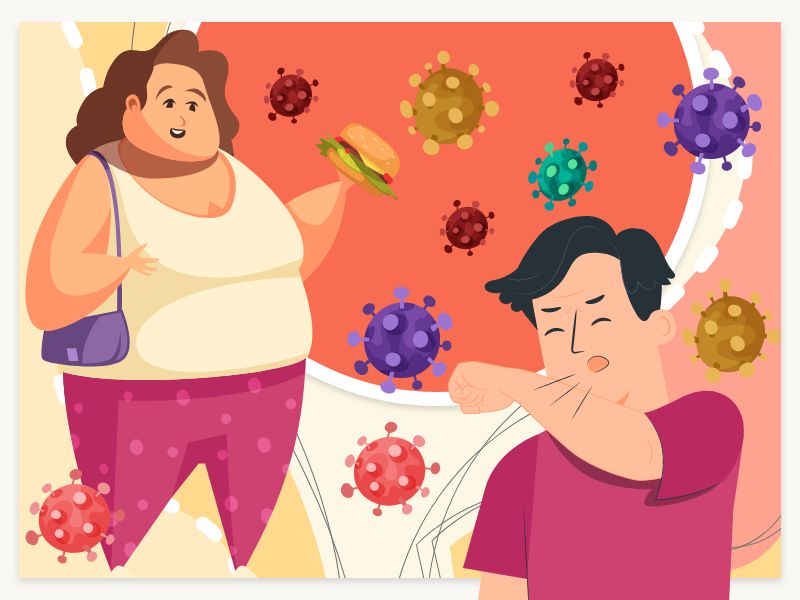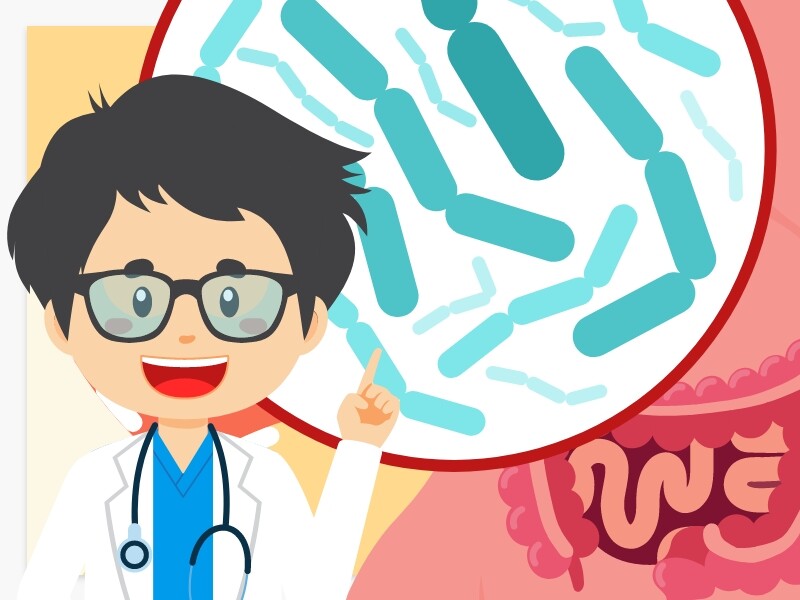What is Lactose Intolerant?

Lactose intolerance is when your body can’t break down or digest lactose. Lactose is a sugar found in milk and milk products. The condition occurs when your small intestine does not make enough of a digestive enzyme called lactase. Lactase breaks down the lactose in food so your body can absorb it.
People who are lactose intolerant have unpleasant symptoms after eating or drinking milk or milk products. These symptoms include bloating, diarrhea, and gas. Lactose intolerance is not the same as having a food allergy to milk.
Both children and adults can have lactose intolerance. Here are some common causes of this condition:
- Lactose intolerance often runs in families. In these cases, a person’s body may make less of the lactase enzyme over time. Symptoms may start during the teen or adult years.
- Sometimes, the small intestine stops making lactase after an injury, disease, or infection.
- Some babies born too early may not be able to make enough lactase. It is often a short-term problem that goes away.
- In sporadic cases, people are born unable to make any lactase at all.
What Are The Types Of Lactose Intolerants?
- Primary Lactose Intolerance. People who develop immediate lactose intolerance start life producing enough lactase. Infants, who get all their nutrition from milk, need lactase. As children replace milk with other foods, the lactase they have dropped, but it usually remains high enough to digest the dairy in a typical adult diet. In primary lactose intolerance, lactase production falls off sharply by adulthood, making milk products difficult to digest.
- Secondary Lactose Intolerance. This form of lactose intolerance occurs when your small intestine decreases lactase production after an illness, injury, or surgery involving your small intestine. Diseases associated with secondary lactose intolerance include intestinal infection, celiac disease, bacterial overgrowth, and Crohn’s disease. Treatment of the underlying disorder might restore lactase levels and improve signs and symptoms, though it can take time.
- Congenital or Developmental Lactose Intolerance. It’s possible, but rare, for babies to be born with lactose intolerance caused by a lack of lactase. This disorder is passed from generation to generation in a pattern of inheritance called autosomal recessive, meaning that both the mother and the father must pass on the same gene variant for a child to be affected. Premature infants can also have lactose intolerance because of an insufficient lactase level.
Symptoms of Lactose Intolerant

Symptoms of lactose intolerance can start a few minutes or a few hours after having food or drink containing lactose. Common symptoms include:
- Tummy pain or discomfort
- Bloating
- Farting
- Diarrhea or constipation
- Feeling sick or being sick
You may also have more prolonged lasting symptoms, including a rash, headaches, joint pain, and difficulty concentrating.
Treatment for Lactose Intolerant
With some trial and error, you can predict your body’s response to lactose foods and figure out how much you can eat or drink without discomfort. Few people have such severe lactose intolerance that they must cut out all milk products and be wary of nondairy foods or medications containing lactose.
Most people with lactose intolerance can enjoy some milk products without symptoms. You might tolerate low-fat milk products, such as skim milk, better than whole milk. Increase your tolerance to dairy products by gradually introducing them into your diet.
Ways to change your diet to minimize symptoms of lactose intolerance include:
- Choose smaller servings of dairy.
- Save milk for mealtimes.
- Experiment with an assortment of dairy products.
- Buy lactose-reduced or lactose-free products.
- Use lactase enzyme tablets or drops.
Probiotics
Probiotics are living organisms in your intestines that help maintain a healthy digestive system. Probiotics are also available as active or “live” cultures in some yogurts and as supplements in capsule form.
They are sometimes used for gastrointestinal conditions like diarrhea and irritable bowel syndrome. They also help your body digest lactose. Probiotics are generally considered safe and might be worth a try if other methods don’t help.






